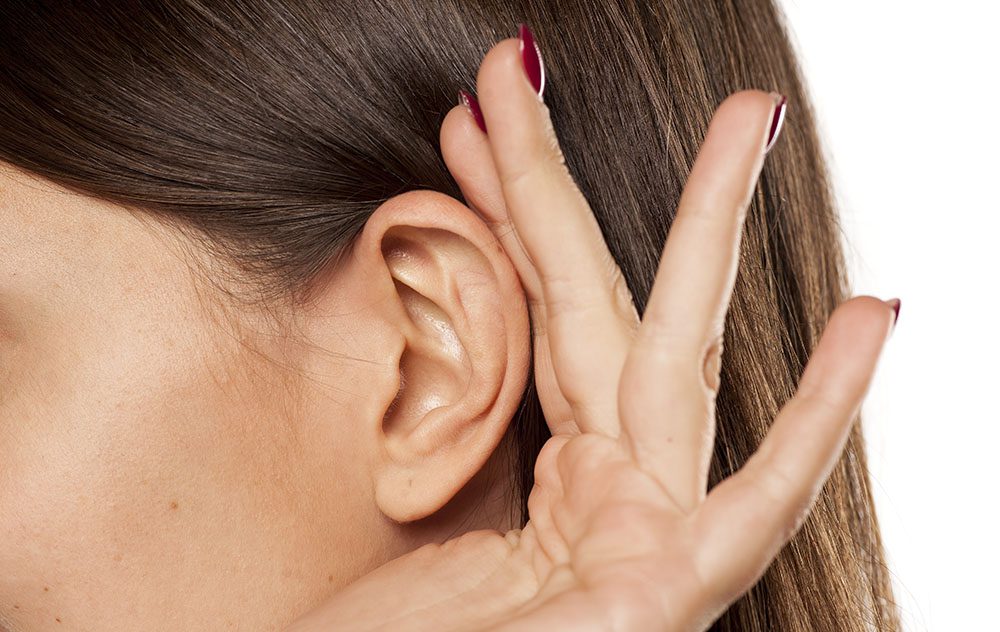The Connection Between Hearing Health and Brain Function
Most people assume hearing happens in their ears, but that’s only


Most people assume hearing happens in their ears, but that’s only

Everyday sounds in your environment can have a greater effect on your

When planning an outdoor trip, most people focus on weather, gear and